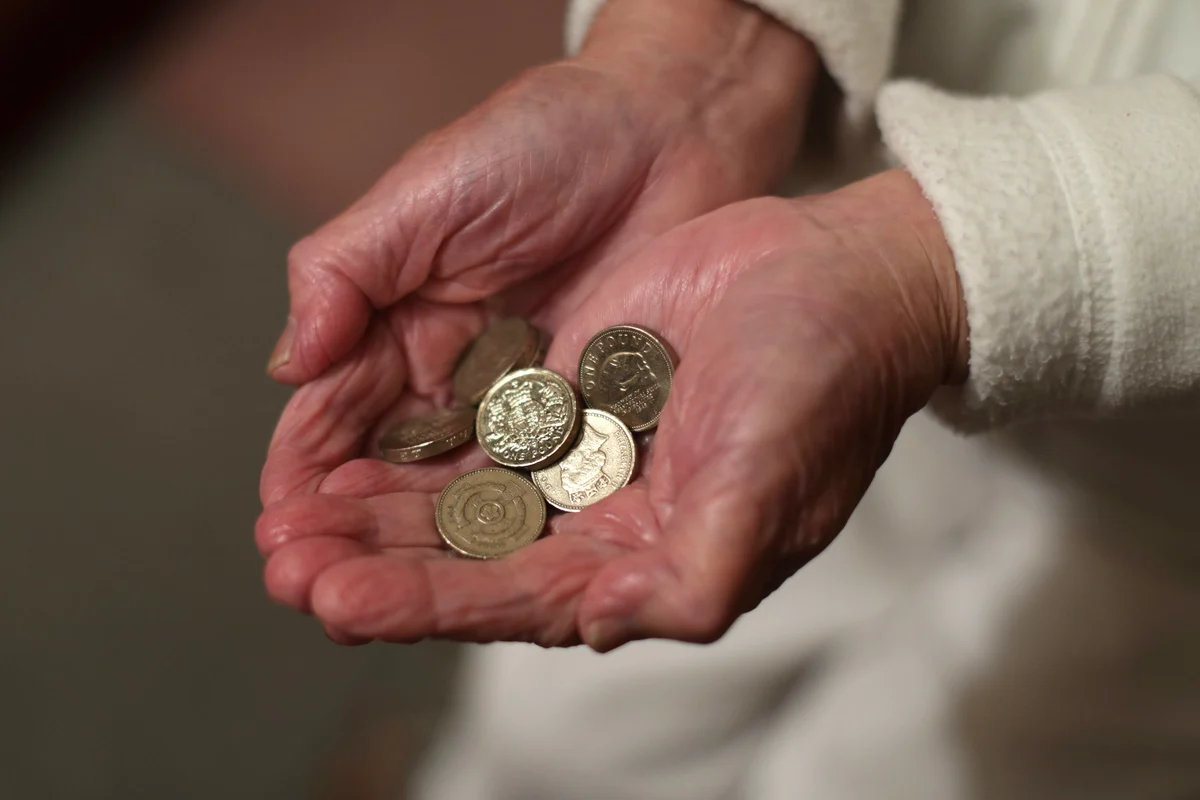Copyright birminghammail

Personal Independence Payment (PIP) is undergoing a "comprehensive review" and is expected to announce new system reforms in Autumn 2026. The new probe follows Labour's failed attempt earlier this year to restrict eligibility to the benefit. After a rebellion from backbenchers and an outcry from disability activists, cuts that would have affected 800,000 claimants were shelved so that a full review of all aspects of PIP could be carried out. PIP is designed to help with the extra costs of a disability or long-term mental or physical health condition but there are concerns about the surge in claimant numbers and costs. The number of people receiving PIP has increased by 88 per cent since 2018 to a new record high of 3.8 million - and here's what's changed. READ MORE: In the terms of reference for the Timms Review of PIP, the DWP said: "PIP claims have grown very considerably in recent years. In 2019, there were 2 million working-age people in receipt of PIP. This number grew by 50 per cent in the following five years, and is set to more than double from 2 to over 4 million people by the end of the decade. "More people are living with a disability, but the increase in the number in receipt of disability benefits is double the rate of increasing prevalence among working-age adults in England and Wales. Increases in claims have led to a doubling of spending on PIP, from £11 billion in 2019/20 to £22 billion for working-age claimants last year (with spending forecast to rise to over £30 billion a year by 2029/30)." Total claims: 3,829,571 in July 2025 (up 88% since December 2018) Top conditions by category (with increase since 2018): The most striking change is the rise in psychiatric disorder-related claims. This broad category includes: From 714,498 claims in 2018 to 1,482,217 claims in 2025, the number has more than doubled - an increase of 107%. This is largely due to an increase in claims for anxiety, depression, autism and ADHD. The growing caseload reflects both greater awareness and diagnosis of mental health and neurodivergence, and a system where people who might once have been unsupported are now seeking help through PIP. It also mirrors broader NHS trends: mental health referrals and waiting lists have surged, particularly after the COVID-19 pandemic. The DWP itself has acknowledged that psychiatric conditions now account for the single largest group of PIP awards. The second-largest category is musculoskeletal disease (conditions affecting muscles, joints, and bones). These have long been a major driver of disability benefits, particularly among older workers and people in physically demanding jobs. These conditions include chronic back pain, arthritis, fibromyalgia, osteoporosis, and carpal tunnel syndrome. The rise here is linked partly to an ageing population - but also to workplace factors. The Health and Safety Executive has reported persistent levels of musculoskeletal-related sickness absence, showing how these conditions remain a major barrier to long-term employment. Claims for neurological disease (such as epilepsy, multiple sclerosis, cerebral palsy, spina bifida, muscular dystrophy, Parkinson's disease, and brain injuries) rose by 73%: The increase here is steadier than for psychiatric or musculoskeletal disorders, but it reflects advances in diagnosis and survival rates. People with lifelong conditions are now living longer, which means more individuals rely on PIP for support over extended periods. While smaller in overall numbers, claims for respiratory conditions and malignant diseases (cancers) have also risen: These rises may be linked to long-term health impacts of COVID and improvements in cancer survival, meaning more people live with ongoing side effects that require daily support. If current trends continue, PIP claims could exceed 4 million by the end of the decade. Psychiatric disorders will likely remain the largest and fastest-growing category, cementing PIP's role as a key support for people with mental health conditions and neurodivergence. This raises tough questions: Get breaking news on BirminghamLive WhatsApp . Join our dedicated community for the latest updates sent straight to your phone as they happen. You can find out more about cost-of-living issues in our Money Saving Newsletter, which is sent out daily via email with all the updates you need to know on pensions , PIP , Universal Credit , benefits, finances, bills, and shopping discounts. Get the top stories in your inbox to browse through at a time that suits you.



